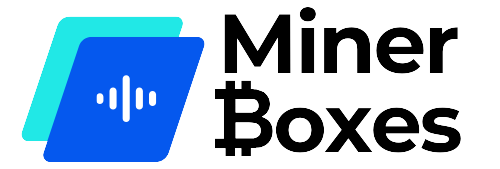What is Solana?
Solana is a highly efficient, open-source blockchain platform designed to support decentralized applications (DApps) and crypto-currencies. It's renowned for its incredible transaction speeds and low transaction costs, making it an attractive platform for a wide range of applications, from decentralized finance (DeFi) to non-fungible tokens (NFTs) and beyond. Solana's native cryptocurrency, SOL, powers the network, facilitating transaction fees and staking.
A Leap in Blockchain Technology
At its core, Solana introduces several innovative technologies that collectively solve the blockchain trilemma of achieving decentralization, security, and scalability simultaneously. Its unique consensus mechanism, Proof of History (PoH), combined with the Proof of Stake (PoS) model, enables the network to process thousands of transactions per second (TPS) without compromising on security or decentralization.
How Does Solana Work?
Solana's architecture is a marvel of engineering, designed to maximize efficiency and speed. Here's a look at some of its key components:
Proof of History (PoH)
Proof of History is a consensus mechanism unique to Solana that creates a historical record of when transactions occurred, significantly improving the efficiency of the network's consensus. By encoding the passage of time into the blockchain itself, PoH allows validators to process transactions more quickly and in the correct order, without needing to communicate to determine transaction times.
Tower BFT
Tower BFT is Solana's customized version of the Byzantine Fault Tolerance (BFT) consensus mechanism, optimized for PoH. It leverages the historical record created by PoH to reach consensus quickly and securely, further enhancing the network's capacity to handle thousands of transactions per second.
Turbine
Turbine is a block propagation protocol that breaks data into smaller packets, making it easier and faster for nodes to share and process information. This technology plays a crucial role in Solana's ability to scale and maintain high throughput.
Sealevel
Sealevel is a parallel smart contracts runtime that allows Solana to process tens of thousands of smart contracts simultaneously. This parallel processing capability significantly contributes to the platform's speed and scalability.
Gulf Stream
Gulf Stream is Solana's mempool-less transaction forwarding protocol. It allows validators to execute transactions ahead of time, reducing confirmation times and improving the efficiency of leader switching.
Why Solana Matters
Solana's innovative approach to blockchain technology offers a glimpse into the future of decentralized applications and cryptocurrencies. Its ability to process a high volume of transactions quickly and at a low cost opens up new possibilities for blockchain applications, from micropayments and decentralized exchanges to complex DeFi platforms and large-scale NFT marketplaces.
Moreover, Solana's scalability and efficiency are attracting a growing ecosystem of developers and projects, further solidifying its position as a leading platform for building the future of decentralized applications.
Conclusion
Solana represents a significant advancement in blockchain technology, offering a scalable, efficient, and secure platform for decentralized applications and cryptocurrencies. With its revolutionary consensus mechanism and architectural innovations, Solana is well-positioned to play a pivotal role in the growth and adoption of blockchain technology. As the platform continues to evolve and expand its ecosystem, Solana stands as a testament to the potential of blockchain to transform our digital and financial landscapes.

